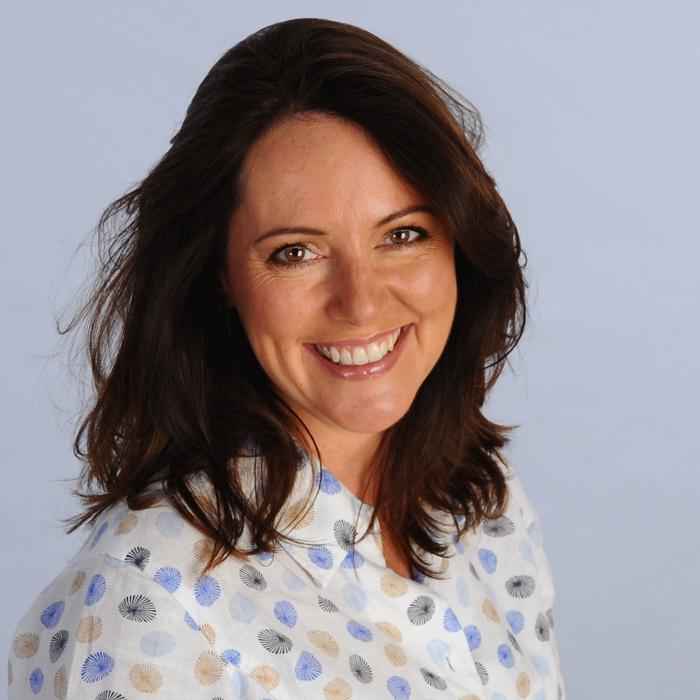Anxiety Counselling (& Panic Attacks)
Everyone feels anxious and under stress from time to time and situations such as social events, work meetings and unexpected changes such as a loss, illness or new birth, often bring about anxious feelings. Mild anxiety is part of being human, an instinct to perhaps warn you and help you to be on the alert. But anxiety at the other end of the scale causes severe distress over a period of time and disrupts your life. The frequency and intensity of anxiety at this level is often debilitating. Symptoms such as shortness of breath, racing heartbeat, trembling and dizziness often accompany certain anxiety disorders such as panic and generalized anxiety disorders. But fortunately counselling can help you lead a normal life.
Counselling can be a very effective way of understanding what are often underlying reasons for generalized states of anxiety or high anxiety ‘attacks’.
- Panic disorder involves sudden, intense and unprovoked feelings of terror and dread. People who suffer from this disorder generally develop strong fears about when and where their next panic attack will occur, and they often restrict their activities as a result.
- A related disorder involves phobias, or intense fears, about certain objects or situations. Specific phobias may involve things such as encountering certain animals or flying in airplanes, whereas social phobias involve fear of social settings or public places.
- Obsessive-compulsive disorder is characterized by persistent, uncontrollable and unwanted feelings or thoughts (obsessions) and routines or rituals in which individuals engage to try to prevent or rid themselves of these thoughts (compulsions). Examples of common compulsions include washing hands or cleaning house excessively for fear of germs, or checking over something repeatedly for errors.
- Someone who suffers severe physical or emotional trauma such as from a natural disaster or serious accident or crime may experience post-traumatic stress disorder (PTSD). Thoughts, feelings and behaviour patterns become seriously affected by reminders of the event, sometimes months or even years after the traumatic experience.
For further help, please call 07870 127 650 : email me direct : use contact form

